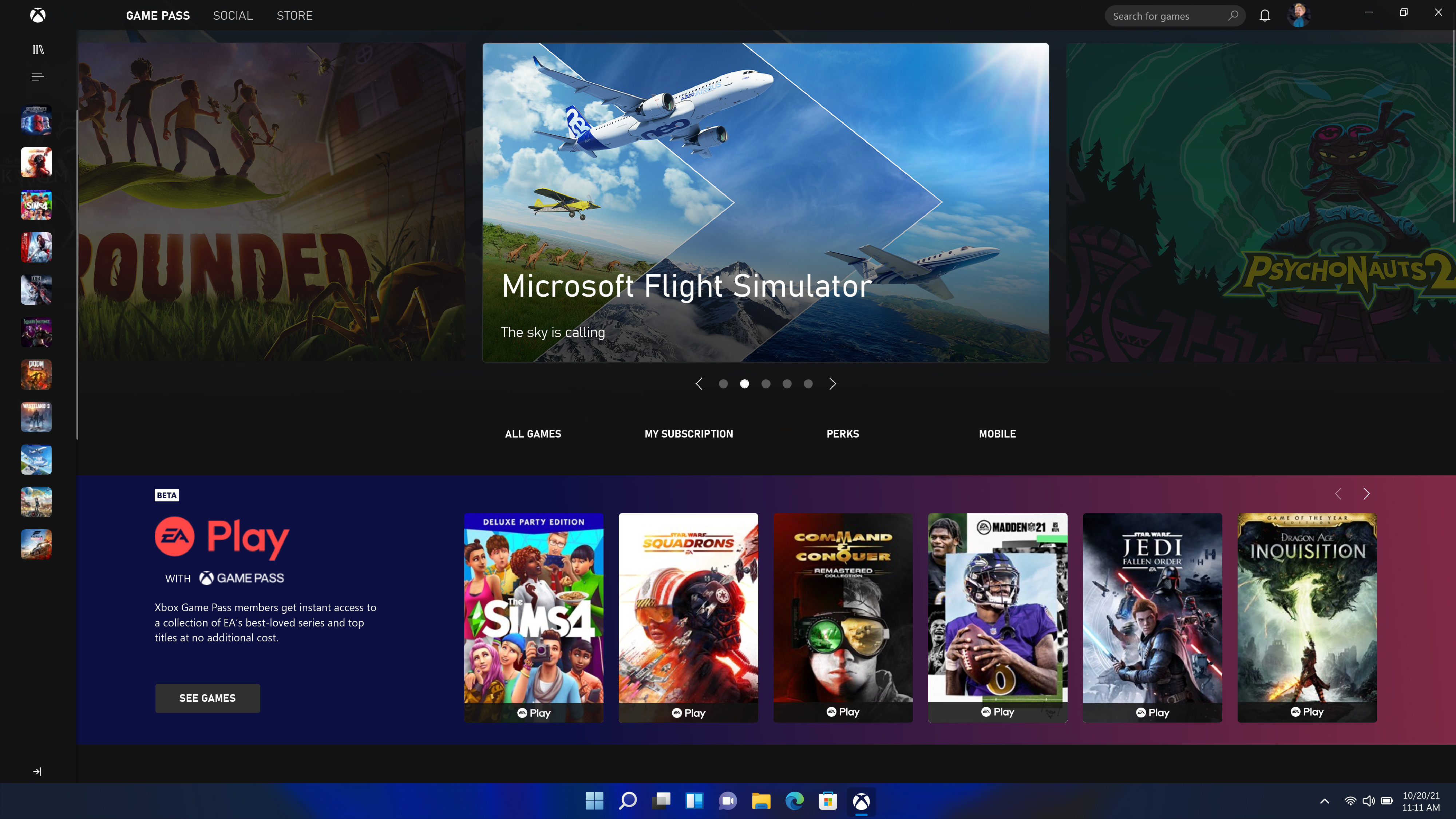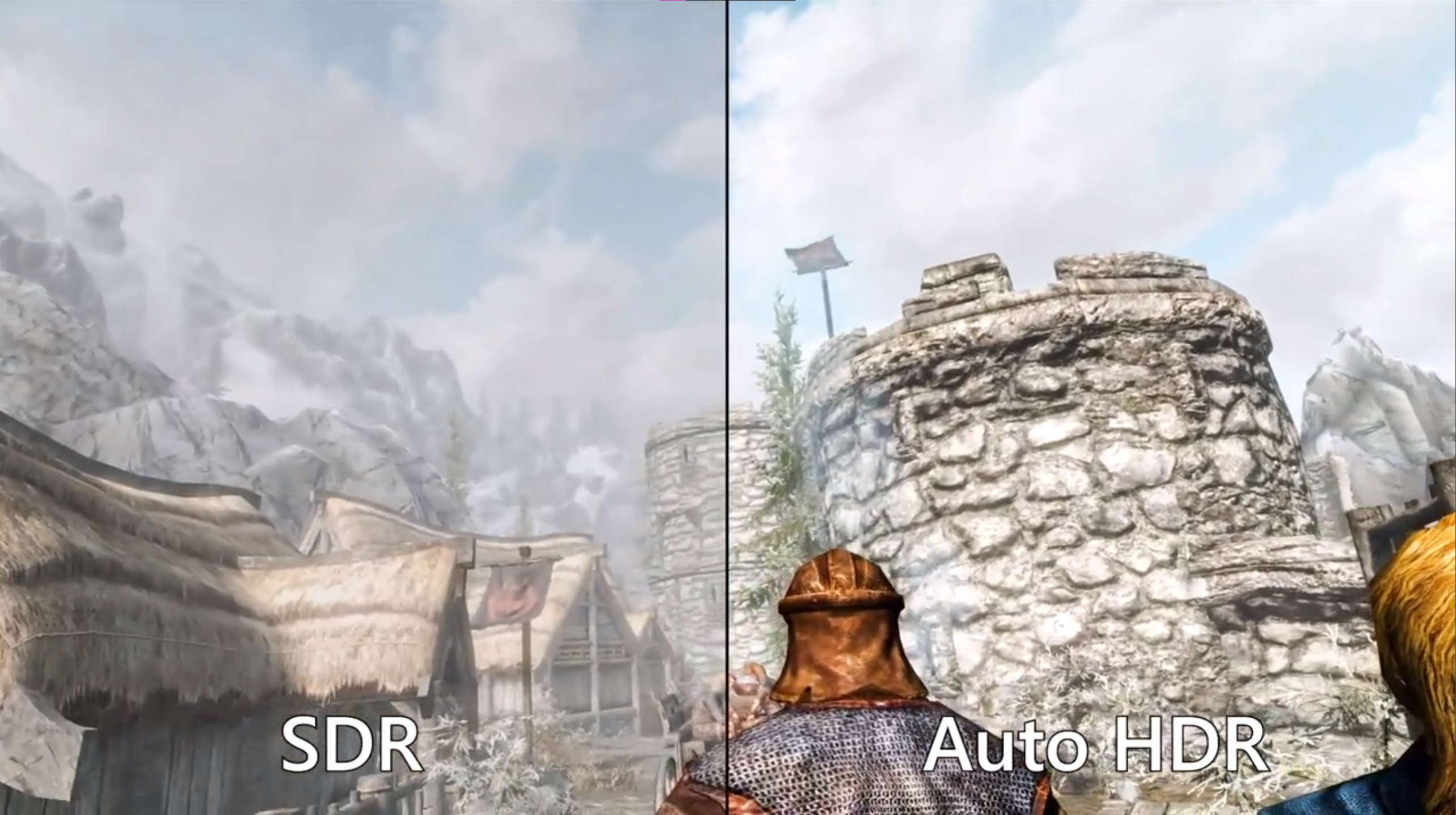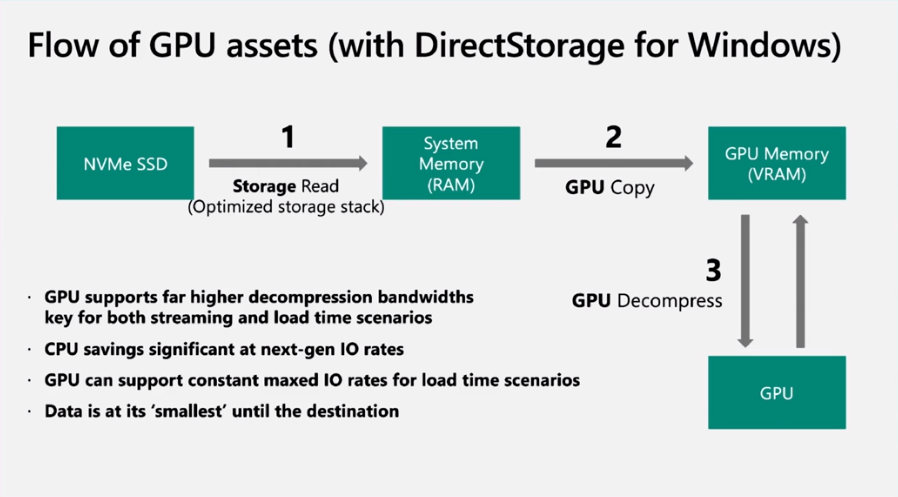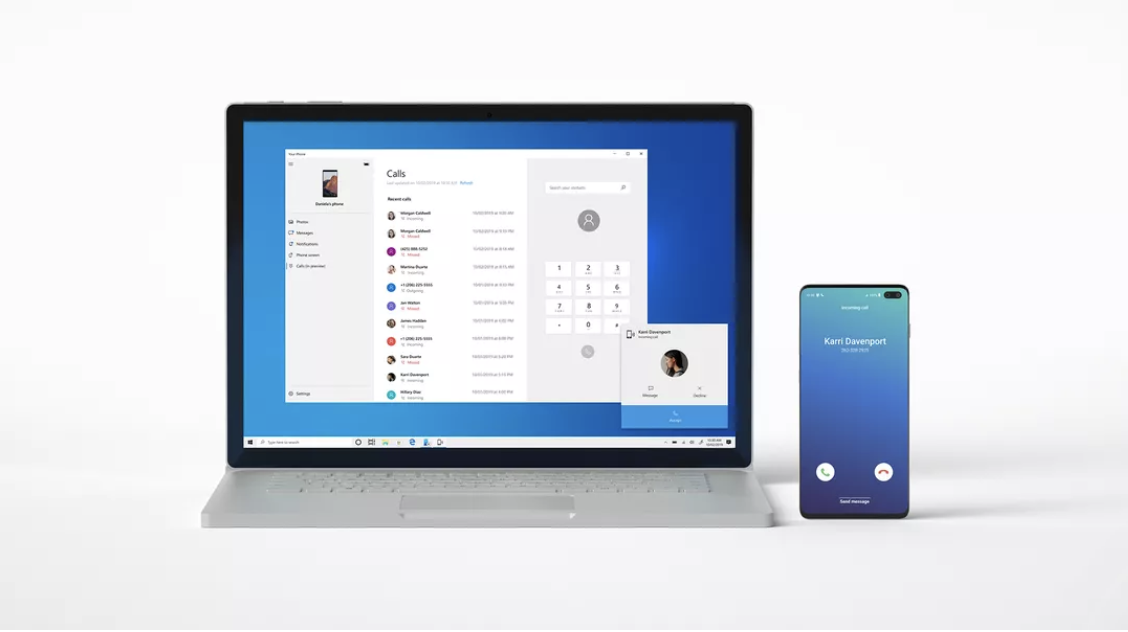Windows 11 is the OS that gamers have been waiting for – here's why
Ready to give your gaming PC a facelift? Microsoft has just officially revealed Windows 11, its first major update to the world’s computer operating system of choice since the release of Windows 10 back in July 2015.
There’s a host of new and improved features set to land with Windows 11 when it releases sometime before the end of 2021, from a new-look UI to the introduction of widgets and an improved app store.
But what about features for PC gamers? Microsoft seems to be pushing the boat out to make sure Windows 11 is the best platform for computer gamers to call home, and there’s some truly significant additions coming with the OS update. Here’s the best of what we’ve seen so far.

Integrated Xbox Game Pass
This one is the biggie. So long as you have an Xbox Game Pass Ultimate subscription, you’re going to find the Game Pass library natively integrated into Windows 11. That will bring hundreds of games to your PC through just a quick browse of the built-in game library.
Yes, Xbox Game Pass is available on Windows PCs now, but the app that delivers the game is merely serviceable, at best, and comes with a host of frustrations when it comes to managing downloads and installation locations. Here’s hoping the new-look built-in Game Pass library can improve on that.
In addition, if you have a Game Pass Ultimate subscription, you’ll also get access to Xbox Cloud Gaming on your computer. In other words, even if you’re running a lowly laptop, you’ll be able to enjoy the same sort of visual experience in Game Pass’s AAA games as if you had one of the meaty best graphic cards installed. That’s provided you’ve got a solid internet connection, of course.

AutoHDR
If you’ve got a relatively modern monitor, you’ll probably have support for some level of HDR, aka high dynamic range, boosting the peak brightness of a scene and the richness of its colors. It’s something that’s commonplace on modern TVs and games consoles, and is slowly making its way to PCs. The problem is, there’s far less support for HDR when computing compared to other mediums – but when it comes to gaming on Windows 11, that’s all about to change.
Windows 11 will add “AutoHDR” to a huge number of games – even those that haven’t previously natively supported it. Provided a game was built using DirectX 11 or higher, auto HDR applied during the rendering chain to give a modern lick of paint to older titles. Above you can see Microsoft’s in-play demo of AutoHDR in action on the classic Skyrim (even if it’s just a taste of what to expect – actual HDR performance looks much different). AutoHDR is something already in play on Xbox consoles and, if the performance there is anything to go by, this could be very exciting indeed.

Speedy SSD ‘DirectStorage’ support
Here’s another feature lifted in part from Microsoft's new Xbox Series X and Xbox Series S consoles. DirectStorage will harness the very latest features of NVMe SSDs to boot up games “at lightning speed without long load times.” It’s a complicated process, but it essentially takes some of the load off a CPU by sending assets directly from an SSD to a computer’s graphics card.
This one sounds great, but note that Microsoft says that “‘DirectStorage Optimized' Windows 11 PCs are configured with the hardware and drivers needed to enable this amazing experience." In other words, it’s going to be reliant on your PC having an appropriate PCIe 3.0 or 4.0 NVMe SSD and supporting motherboard, so the number of PCs that can take advantage of the feature may be relatively small.

Android app support
If there’s a go-to game or app that you enjoy on your Android smartphone or tablet, you’ll now have the chance to bring them with you, natively, into Windows 11. The new OS will run Android apps side-by-side with Windows apps, with no need to use third-party software or hacks to get them up and running.
There’s a slight catch here though – rather than tapping into the Google Play Store for Android apps, it’s instead using the Amazon Appstore. That brings the number of natively supported apps down from close to 4 million to a few hundred thousand. And if you originally bought an app through Google, you’d have to pay for the premium app again through Amazon. Still, it’s a damn sight better than nothing, and will further widen the array of games available on Windows.
from TechRadar - All the latest technology news https://ift.tt/3zXnQmh
No comments